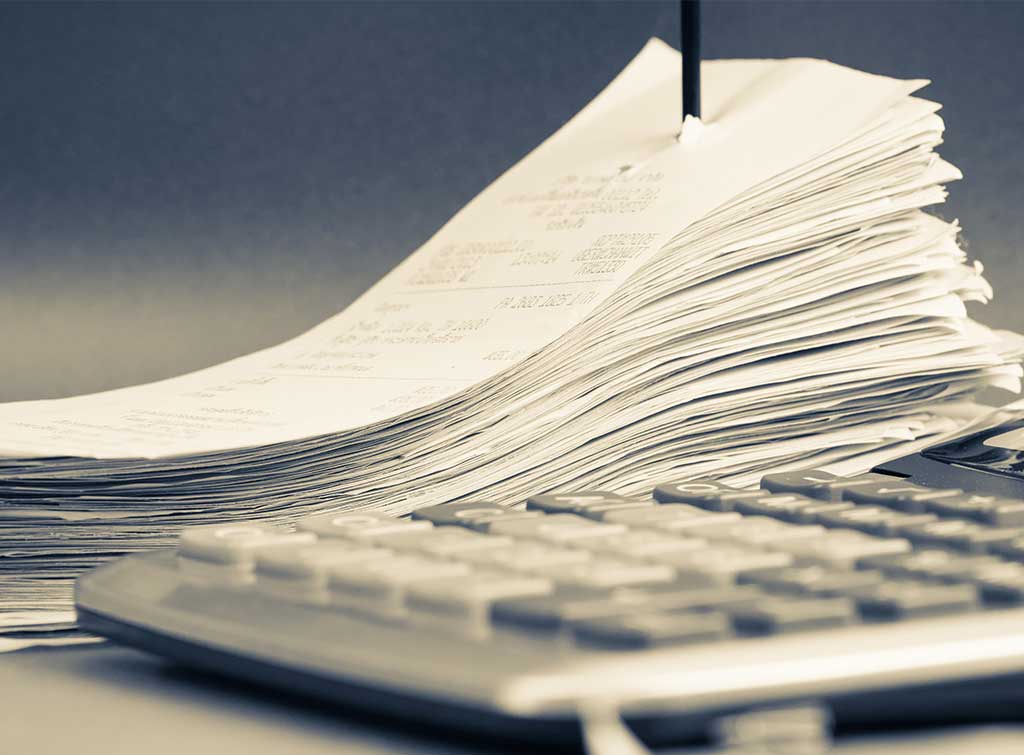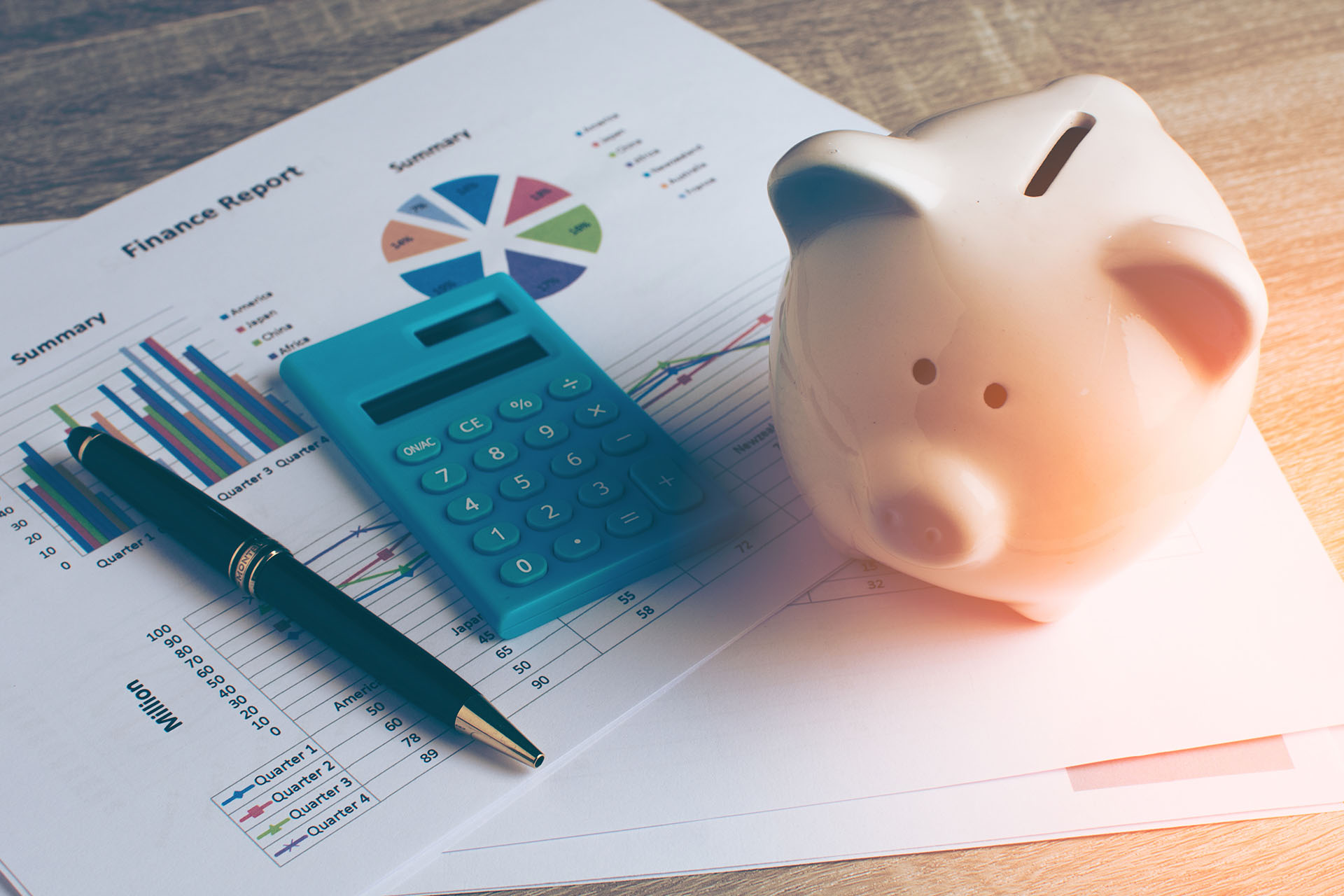Blog>Trade>Finance>What is a director's loan? All you need to know
Last updated: 19 March 2024
What is a director's loan? All you need to know
A director’s loan is money they put into or take out of their company. In this article, we explain what director's loans are and how they are taxed.

Director’s loans are a business and personal consideration for tradespeople who are directors of their limited company. A director doesn't need to own the company to have a director's loan.
It's a fairly complicated part of business life in tax terms. There are lots of rules to follow to account for it properly. So a director’s loan in a limited company needs to be carefully recorded.
Borrowing money from their company can help a director meet their short-term financial requirements. But it could also have tax implications. This could affect both the director and the company.
When you make business decisions about a director's loan it might be helpful to talk to a professional, like an accountant.
What is a director’s loan account?
A company director can loan money to their business or they can borrow from it. It’s not just directors who could borrow from the company. Money loaned to their close family members is also considered a director’s loan.
The director's loan account appears on a company's balance sheet.
What is treated as a director’s loan?
Directors usually receive a salary, bonuses, dividends and repayment of expenses. Any other payment to them by the company is likely to be treated as a director’s loan.
To make it as clear as possible, when you or any of your close family receive money from your company that isn't salary, dividend or repayment of expenses, that is the essence of what is a director's loan.

When is a director’s loan account overdrawn?
If director borrows more than they lend to their company then the loan account is overdrawn.
It is a good idea to repay an overdrawn director’s account as soon as possible to reduce any tax due on the loan.
How much can be loaned to a director?
A director can borrow as much as they want from their company. But there could be high tax charges to pay.
Up to £10,000 can be loaned by a director and be tax-free. But tax could be due if the loan isn’t repaid within 21 months.
Anything over £10,000 and there may be both personal tax and company tax implications.
Why make a director’s loan?
A director might want to lend money to the business when it first starts up. They might also provide ongoing financial support to help it to grow.
Directors borrow money for any number of reasons. Often, it is just to provide them with additional funds for a short period.
The loan is additional to their normal salary, bonus or dividends.

What are the tax rules on a director’s loan?
If a director borrows from the company
The director or the company – or both – might have to pay tax. This could be based on interest payments and on the amount outstanding.
If the director’s loan is for more than £10,000, there may be extra tax responsibilities. The amount would need to be declared on the director’s self-assessment tax return.
If the director pays the company loan interest that is below HMRC’s official rate then tax may be due. HMRC calls it a beneficial loan and the average official rate for the tax year 2022/23 is 2%. This rate could vary.
If the company borrows from a director
A director who loans money to their company can charge interest on the amount. Interest earned on a company loan has to be declared as part of the director’s personal income.
The company has to deduct 20% income tax from the interest it pays to the director. The amount is treated as a business expense. The company doesn’t pay corporation tax on the loan.
Get help managing your company finances
Checkatrade members get an exclusive deal with Powered Now
How quickly does a director’s loan have to be repaid?
The director is expected to repay the loan within nine months. This is from the end of the company’s financial year when the loan was made.
Otherwise, the director has to pay tax at 32.5% on the outstanding amount.
HMRC has rules to prevent directors from abusing the tax system. For example, repaying a loan before the company’s year-end, then taking out another loan straightaway.
If a loan of over £10,000 is repaid by a director, another loan can’t be taken out for 30 days.
A director who pays the tax and repays the loan can reclaim the tax they paid. But there is a delay in doing this. You can’t claim it back until nine months after the end of the company’s financial year in which you repaid the amount.

Where a director’s loan appears in company accounts
If a director borrows money, then the loan appears as an asset in the company’s balance sheet. This is because the company is owed the money.
If the company borrows from the director, then the loan appears as a liability on the balance sheet. This is because the company will have to pay back the money.
When a dividend can become a director’s loan
Directors who are shareholders in their limited company and receive dividends could encounter issues. Dividends can only be paid out of profits.
There could be a problem if dividends paid to a director are more than the company’s profit. In this situation, the amount paid might have to be treated as a director’s loan.
FAQs
What is a director’s loan in a limited company?
This is when a director borrows from or lends money to their company.
What are director’s loans for?
A director usually lends money to their company to help it grow and become more profitable. Directors usually borrow money to help with their short-term financial requirements.
What is an overdrawn director’s loan account?
If a director borrows more than they have lent to a company then the director’s loan account is overdrawn.
Do directors have to pay tax on a director’s loans?
This is very likely. It depends on how much the director borrows and how quickly they pay it back. The company may also have to pay some tax.
Who else can borrow company money through a director’s loan account?
Money lent to a director’s close family members is also treated as a director’s loan.
Ready to take your business to the next level?
We can help you get there
DISCLAIMER
This is information – not financial advice or recommendation. The content and materials featured or linked to on this blog are for your information and education only and are not intended to address your particular personal requirements. The information does not constitute financial advice or recommendation and should not be considered as such. The Checkatrade website is not regulated by the Financial Conduct Authority (FCA), its authors are not financial advisors, and it is therefore not authorised to offer financial advice.
Always do your own research and seek independent financial advice when required. Any arrangement made between you and any third party named or linked to from the site is at your sole risk and responsibility. Checkatrade blog and its associated writers assume no liability for your actions.


